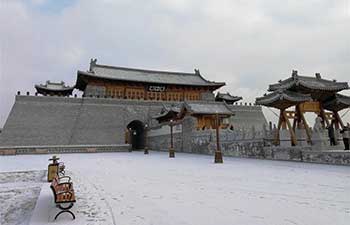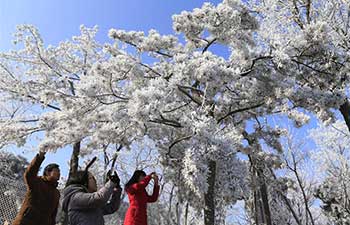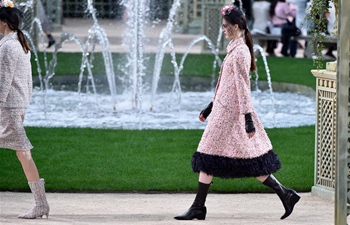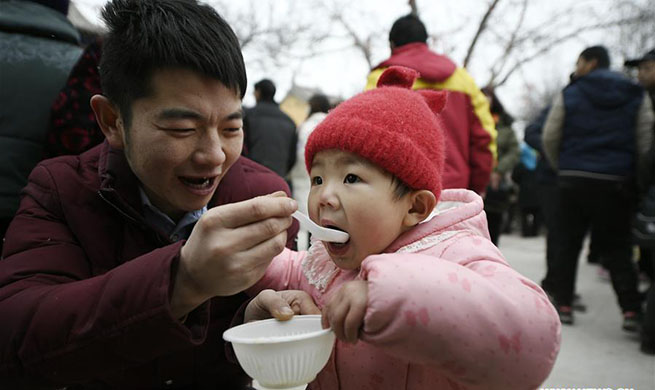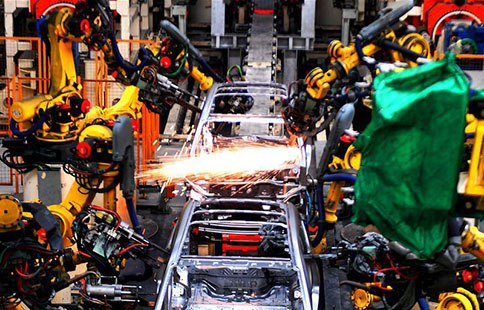BEIJING, Jan. 24 (Xinhua) -- China saw 17.2 million live births in 2017, the second year that all Chinese couples have been allowed two children, down from 17.9 million in 2016, according to the National Bureau of Statistics (NBS).
The birth rate dropped from 1,295 to 1,243 per 100,000 population. The NBS attributed the decline to 2.5 million fewer couples having first children.
FEWER MOTHERS, FEWER KIDS
The main demographic reason for the decline is a reduced number of women of childbearing age. According to Yuan Xin, a demographer with Nankai University, the number of women aged 15 to 49 keeps dropping -- by 4 million in 2017. Furthermore younger women are less inclined to have a baby.
Fewer first children clearly diminishes the effect of a second-child policy. Since 2016, all couples have been allowed to have two children, bringing to an end to 40 years of single children.
A report published earlier this month by the Shanghai Women's Federation showed that over half of households with only one child did not want a second. Beyond demographics, the cost of having a child was chosen by 35.9 percent of those surveyed as the main reason for not having a child.
"It costs 20,000 (3,100 U.S. dollars) to 30,000 yuan a year for a family in a big city to raise a child from birth to college, not including the parents' opportunity cost, time and energy," said Liang Jianzhang of Peking University.
Economic pressure was followed by health concerns, inadequate housing, career advancement and numerous other worries. A perceived lack of childcare facilities, quality education and medical care do not help matters.
Figures provided by the National Health and Family Planning Commission (NHFPC) showed that 18.5 million babies were born in hospital in 2016, the highest since 2000 and 1.3 million more than 2015. About 45 percent of them had an older sibling.
China's population is expected to dwindle by as much as 800,000 a year in the next decade, if the government does not do anything to stimulate people's desire to have children.
UNDER PRESSURE
If the balance of the population is to be maintained, the practical concerns of the public must be addressed.
"Families must be relieved of the pressure of bringing up a child, which basically means more kindergartens and better childcare facilities," said demographer Yuan.
For Fudan University's Ge Jianxiong, the raw birthrate is just one aspect of a complex problem.
"Take employment, for example. In places where female employees are in the majority, such as schools, more staff are needed to fill the posts of those leaving to have children. This is just one issue that requires new policy," Ge said.
Wang Pei'an, deputy head of the NHFPC said the people will be encouraged to have more children when they see better facilities and services for maternal and child care, especially in terms of nurseries and elementary schools.
The rights and interests of women and children are key to formulating new policy, said Zhang Zhao'an, deputy head of Shanghai Academy of Social Sciences.
As the era of second children approaches, health care, provision of education, the tax regime and social security must be improved, Zhang added.





